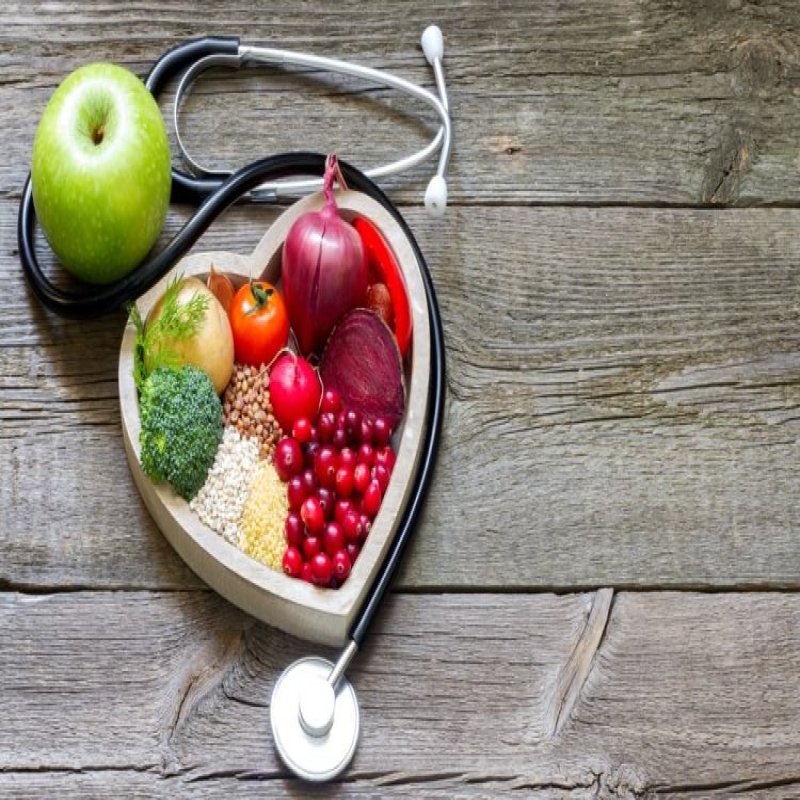
Cholesterol has a bad reputation, thanks to its well-known role in promoting heart disorders. But that’s just half of the story. To fully understand cholesterol, you must realize that it’s also vital to your health and well-being. The importance of cholesterol in the human body is paramount.
If you had no cholesterol in your body, you would be dead. No cells, no bone structure, no muscles, no hormones, no reproductive system, no digestion, no brain function, no memory, no movement, no human life—nothing without cholesterol. It is utterly vital, and we die instantly without it.
Read on to find out more about the importance of cholesterol in the human body!
What is Cholesterol?
Cholesterol is a waxy substance that the blood carries around the body. It is a type of lipid molecule. Our body produces 80% of its required cholesterol. The remaining 20% comes from our diet.
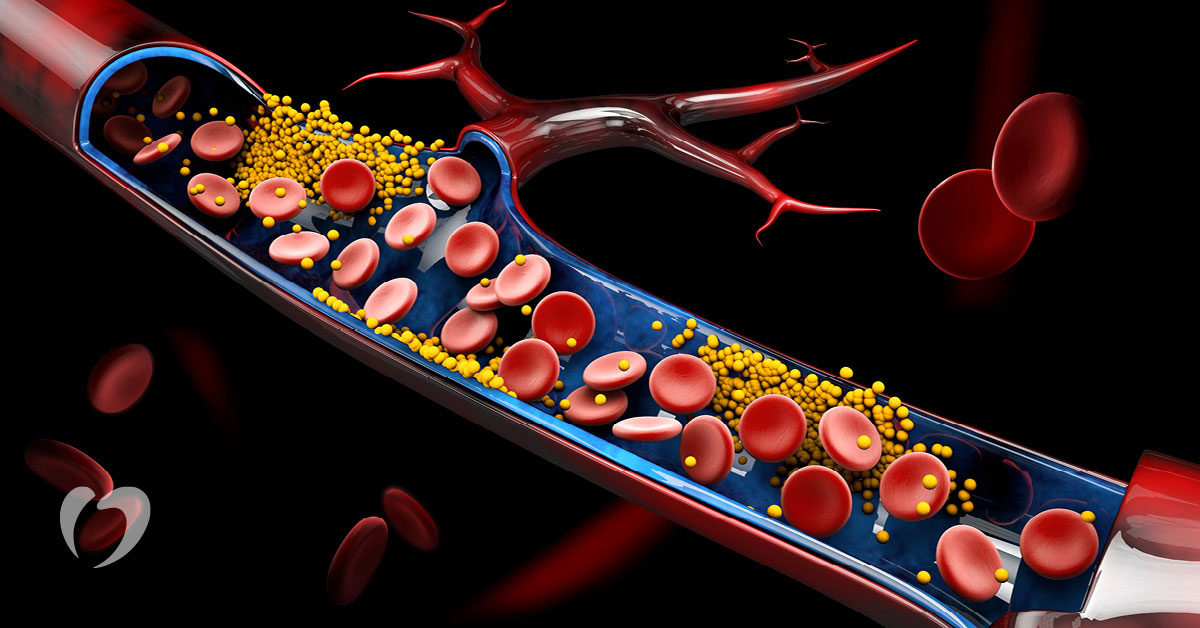
The liver synthesizes cholesterol for export to other cells but also removes cholesterol from the body. Cholesterol is essential for maintaining good health and only becomes a problem when the level in the blood is too high. The body maintains its cholesterol levels with the help of molecules called lipoproteins. LDL and HDL maintain cholesterol levels in the blood.
But what are HDL and LDL?
We often refer to HDL and LDL as "good" cholesterol and “bad” cholesterol, respectively. However, they are not inherently cholesterol molecules but are the “carriers” of cholesterol molecules across your blood.
LDL (Low-Density Lipoproteins) deliver cholesterol to different cells of the body. Excess cholesterol is transferred from the cells to the liver by HDL (high-density lipoproteins). Lipoproteins are a group of soluble proteins that help in the transportation of cholesterol and other lipid molecules present in the blood plasma.
The function of LDL is to transfer cholesterol to different cells, where it is used in membranes, or for the synthesis of steroid hormones. LDL is called “bad” cholesterol. This is because it delivers cholesterol to tissues and is strongly associated with the build-up of artery-clogging plaque.
The liver and small intestine synthesize and secrete HDL. It travels across the blood plasma where it gathers cholesterol to form mature HDL, then returns the excess cholesterol to the liver via various pathways. The liver converts excess blood cholesterol into bile salts and eliminates it from the body.

You can calculate total cholesterol by taking into account the levels of HDL, LDL, and triglycerides present in your blood. Doctors associate a higher total blood cholesterol level with an increased risk of cardiovascular disorders. However, several other factors contribute to this risk.
Why is Cholesterol Important for you?
It is important for maintaining different biochemical processes in our body. This includes:
Helps In Hormone Production
Cholesterol plays a vital role in the secretion of several other vital enzymes and hormones including aldosterone, cortisol, estrogen, cortisone, progesterone, testosterone, and ubiquinone.
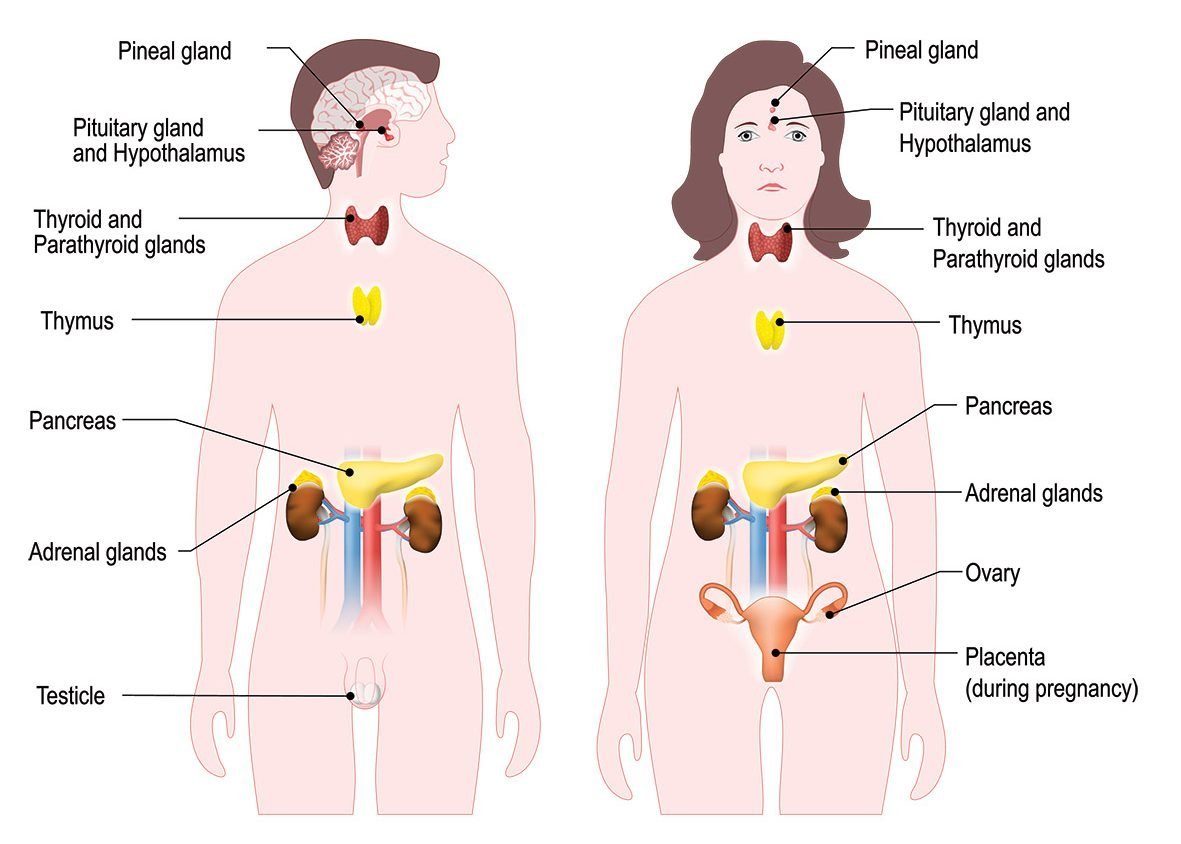
Enables Digestion
Cholesterol assists the liver in manufacturing bile acids, which is essential for digestion and absorption of fats and fat-soluble vitamins such as vitamin A, vitamin D, vitamin E, and vitamin K.
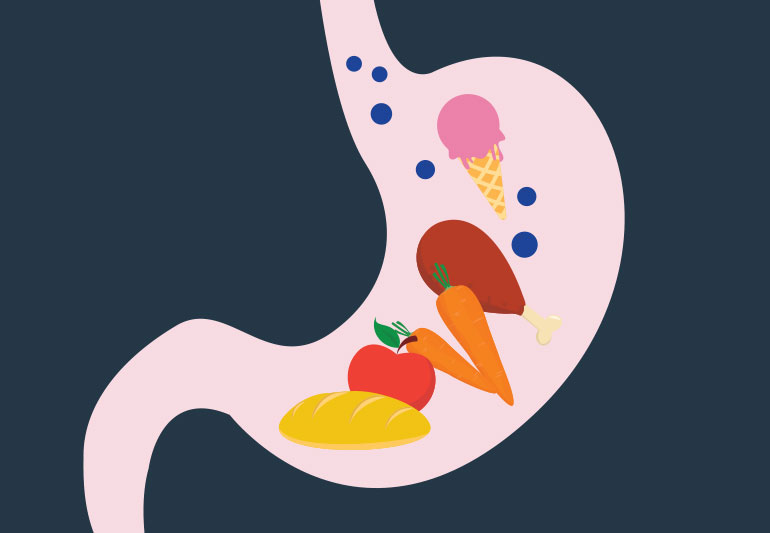
Aids In Vitamin D Production
Cholesterol is involved in vitamin D synthesis. Vitamin D helps us absorb calcium from food and is therefore important for maintaining bone health.
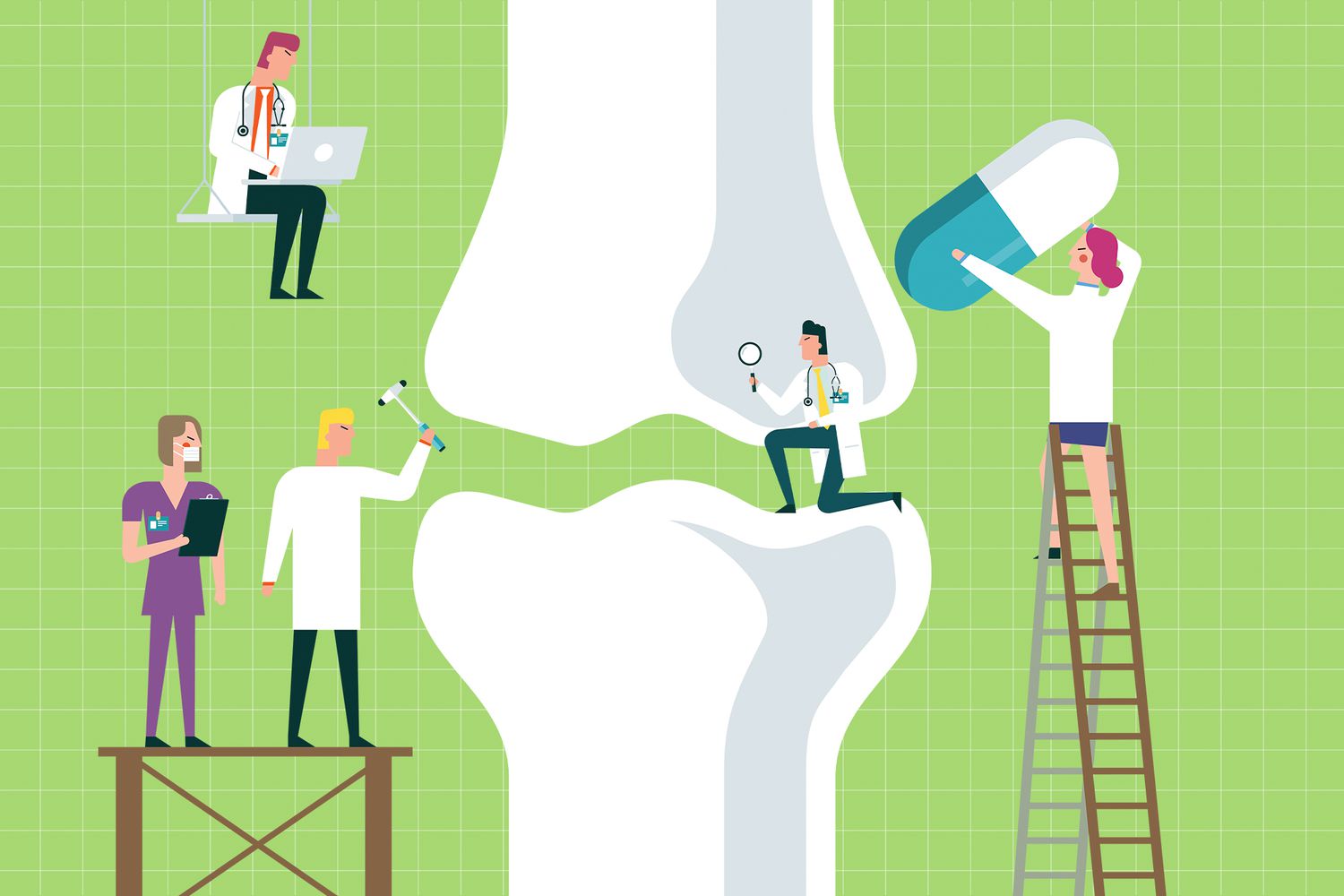
Maintains Brain Function
Cholesterol helps in the formation of the myelin sheath, a neuron consisting of fat-containing cells. This ensures the proper functioning of our brains by aiding in the conduction of electrical impulses. The absence of cholesterol might, therefore, lead to loss of memory and difficulty in focusing.

Ensures Cellular Stability
Cholesterol interconnects lipid molecules, which helps stabilize our cell membranes by providing stiffness and stability. Moreover, it also ensures our cells can communicate effectively with each other, thus maintaining cellular stability.
Cholesterol is present in animal-based foods like meats, egg yolks, seafood, butter, and other dairy products. Plant-based foods such as fruits, vegetables, and grains do not have any cholesterol. No specific recommended limits are there for cholesterol. You should keep your body’s cholesterol levels in a healthy range and limit the amount of harmful saturated fats, trans fats, and added sugars in your diet.

So, now you know cholesterol isn’t that bad for us and is extremely important for maintaining several crucial body functions.


.png)


